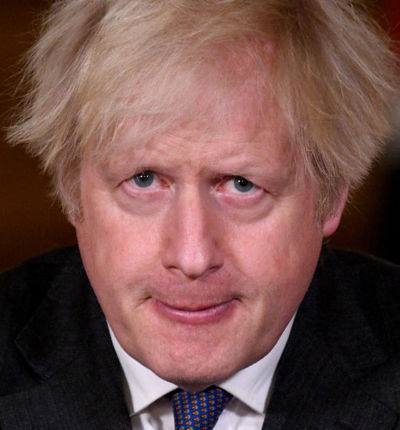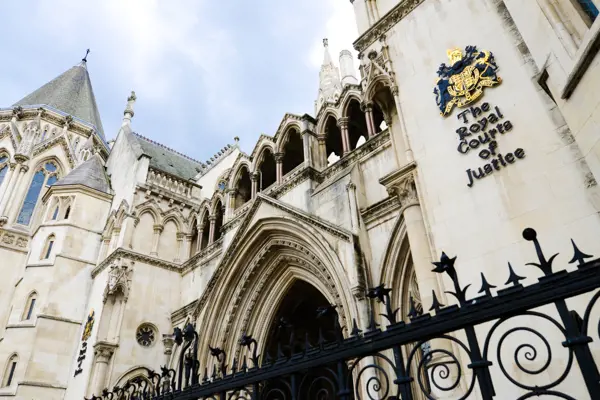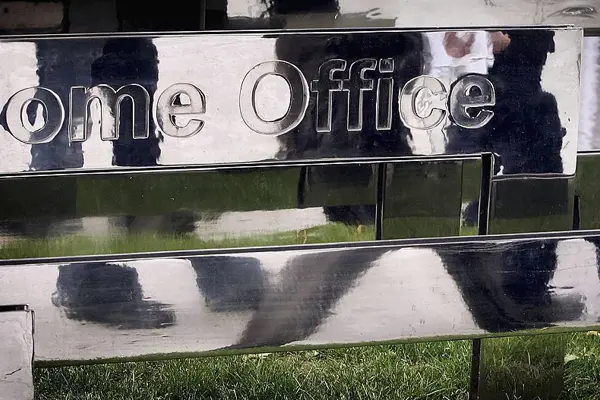
Why words matter, Boris
As Boris Johnson's actions rightfully come under increasing public scrutiny, human rights solicitor Sean Humber discusses the importance of critically examining the language that he uses.
Posted on 24 June 2019
For those of us wishing to live in a fairer and more inclusive society, it is immensely dispiriting that the odds on favourite to be our next Prime Minister litters his extremely well-remunerated newspaper prose with phrases such as “hot totty”, “bumboys”, “piccaninnies” with “watermelon smiles” and describes Muslim women choosing to wear the niqab as resembling “bankrobbers” and “looking like letterboxes”.
One explanation is that these are particularly unpleasant examples of dog-whistle politics in action. An attempt to pander to the embarrassing prejudices of the proverbial retired Colonel at the 19th Hole who, frankly, feels that the world was a much better place when there was a lot more pink on the map and all of this political correctness nonsense started going too far when woman were given the vote.
But don’t worry, we are told, this is just good old Boris making slightly risqué jokes rather than a reflection of his more enlightened true views. Well, perhaps, but let’s remember that we have seen a worldwide lurch towards populism in recent years that has been built on pandering to the often already disaffected’s worst prejudices and which cynically scapegoats the difference in others.
What, until recent years, could not be said in polite company is now being screamed from megaphones at political rallies across Western Europe. Sadly, it seems dangerously complacent to just assume that we do all buy into the notion of the need to strive for a more inclusive and fairer society.
Which is why language matters. For a man that chooses to wear his learning quite so heavily, it is surprising that he then pleads such ignorance to the potential for his words to show hatred and division.
Words are the way in which we convey our thoughts, express our values and betray our prejudices. When the powerful amongst us deliberately choose language that creates or perpetuates negative perceptions of others, particularly groups amongst us who continue to face discrimination in their daily lives, it is, to say the very least, extremely unhelpful. It helps create the climate in which harmful stereotypes persist and the discrimination seems just that little bit more justified.
Our next Prime Minister will have an unenviable in-tray which includes navigating an already fractured nation through its worst crisis since the Second World War. In stepping up to the challenge, he must be conscious of the damaging power of ill-chosen words to further exacerbate divisions within our society.
One explanation is that these are particularly unpleasant examples of dog-whistle politics in action. An attempt to pander to the embarrassing prejudices of the proverbial retired Colonel at the 19th Hole who, frankly, feels that the world was a much better place when there was a lot more pink on the map and all of this political correctness nonsense started going too far when woman were given the vote.
But don’t worry, we are told, this is just good old Boris making slightly risqué jokes rather than a reflection of his more enlightened true views. Well, perhaps, but let’s remember that we have seen a worldwide lurch towards populism in recent years that has been built on pandering to the often already disaffected’s worst prejudices and which cynically scapegoats the difference in others.
What, until recent years, could not be said in polite company is now being screamed from megaphones at political rallies across Western Europe. Sadly, it seems dangerously complacent to just assume that we do all buy into the notion of the need to strive for a more inclusive and fairer society.
Which is why language matters. For a man that chooses to wear his learning quite so heavily, it is surprising that he then pleads such ignorance to the potential for his words to show hatred and division.
Words are the way in which we convey our thoughts, express our values and betray our prejudices. When the powerful amongst us deliberately choose language that creates or perpetuates negative perceptions of others, particularly groups amongst us who continue to face discrimination in their daily lives, it is, to say the very least, extremely unhelpful. It helps create the climate in which harmful stereotypes persist and the discrimination seems just that little bit more justified.
Our next Prime Minister will have an unenviable in-tray which includes navigating an already fractured nation through its worst crisis since the Second World War. In stepping up to the challenge, he must be conscious of the damaging power of ill-chosen words to further exacerbate divisions within our society.

